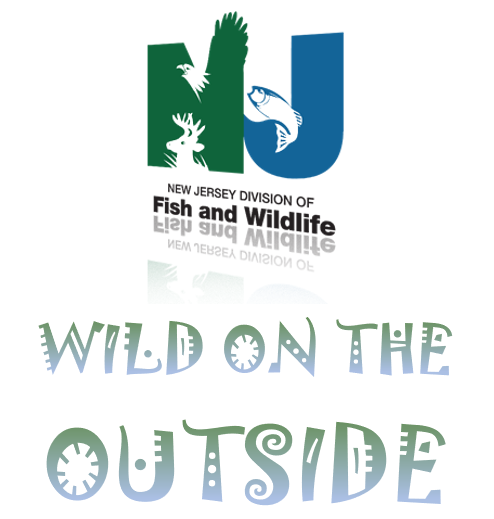This is another look at how some species survive through the winter. Previously, we looked at birds, moths, and bear cubs. Today, we're thinking about how frogs make it through winters in NJ when their watery habitats are frozen.
Many frogs spend their entire winter under ice, essentially looking like living "underwater rocks." Some species of frogs are at the bottom of frozen ponds and slow-moving rivers. However, they don’t all use the same survival strategy.
Here are three survival strategies.
Since the surface is capped with ice, frogs can't exactly pop up for a gulp of air. Instead, they rely on cutaneous respiration. They absorb the limited oxygen dissolved in the pond water directly through their skin. To make this work, they have to stay very still to keep their oxygen demand to a bare minimum.
For most aquatic frogs—like Bullfrogs and Northern Leopard Frogs—the goal is to stay cold but not frozen. They sink to the bottom of the pond. They don't burrow deep into the mud (like turtles do) because they need to stay in contact with the oxygenated water. They spend the winter in a state called brumation, where their heart rate slows to a crawl, and their metabolism almost stops.
If you see a frog near the surface or under some leaf litter, that’s likely a Wood Frog. These frogs are the overachievers of the winter world. They don't usually stay underwater; they stay on land under leaves. They actually freeze solid. Their heart stops, and their breathing ceases. They use a natural "antifreeze" (glucose/sugar) to keep their cells from bursting. When spring hits, they "thaw" out and hop away like nothing happened.
The biggest threat to a frog under the ice isn't the cold—it's the oxygen. If a pond is shallow and covered in thick snow, sunlight can't reach the plants to produce oxygen. If the oxygen in the water runs out before the thaw, the frogs (and the fish) won't make it.






